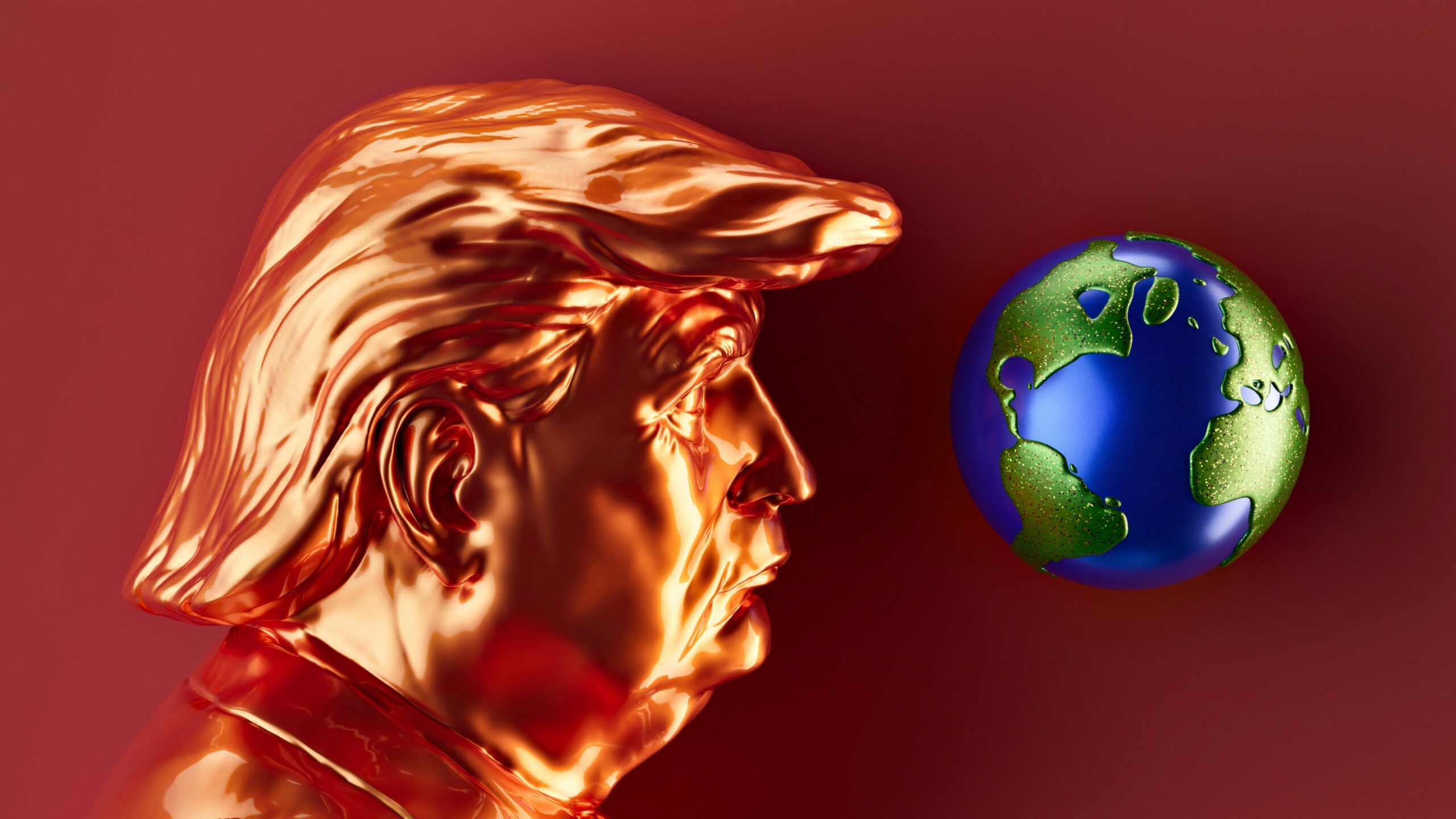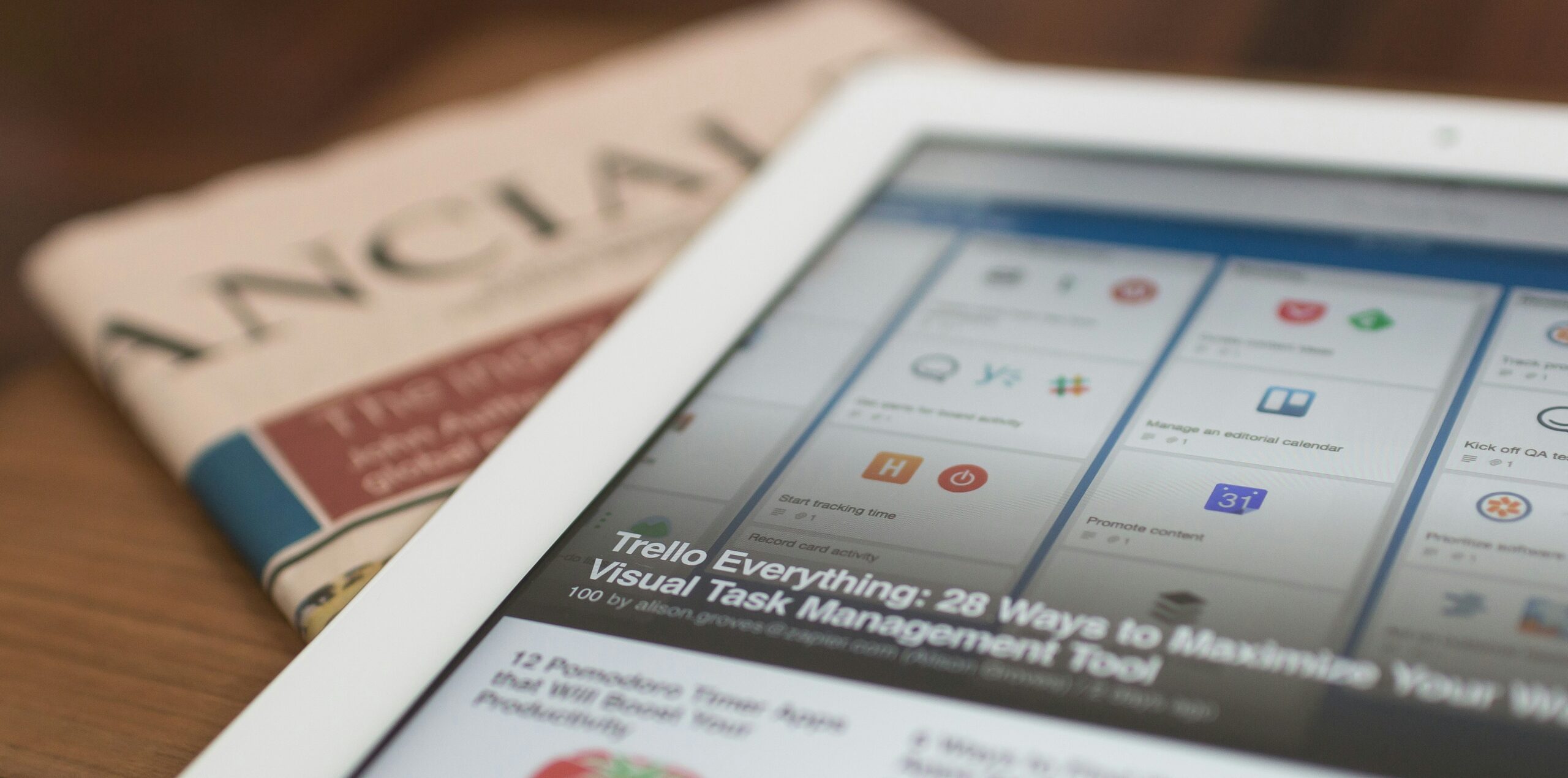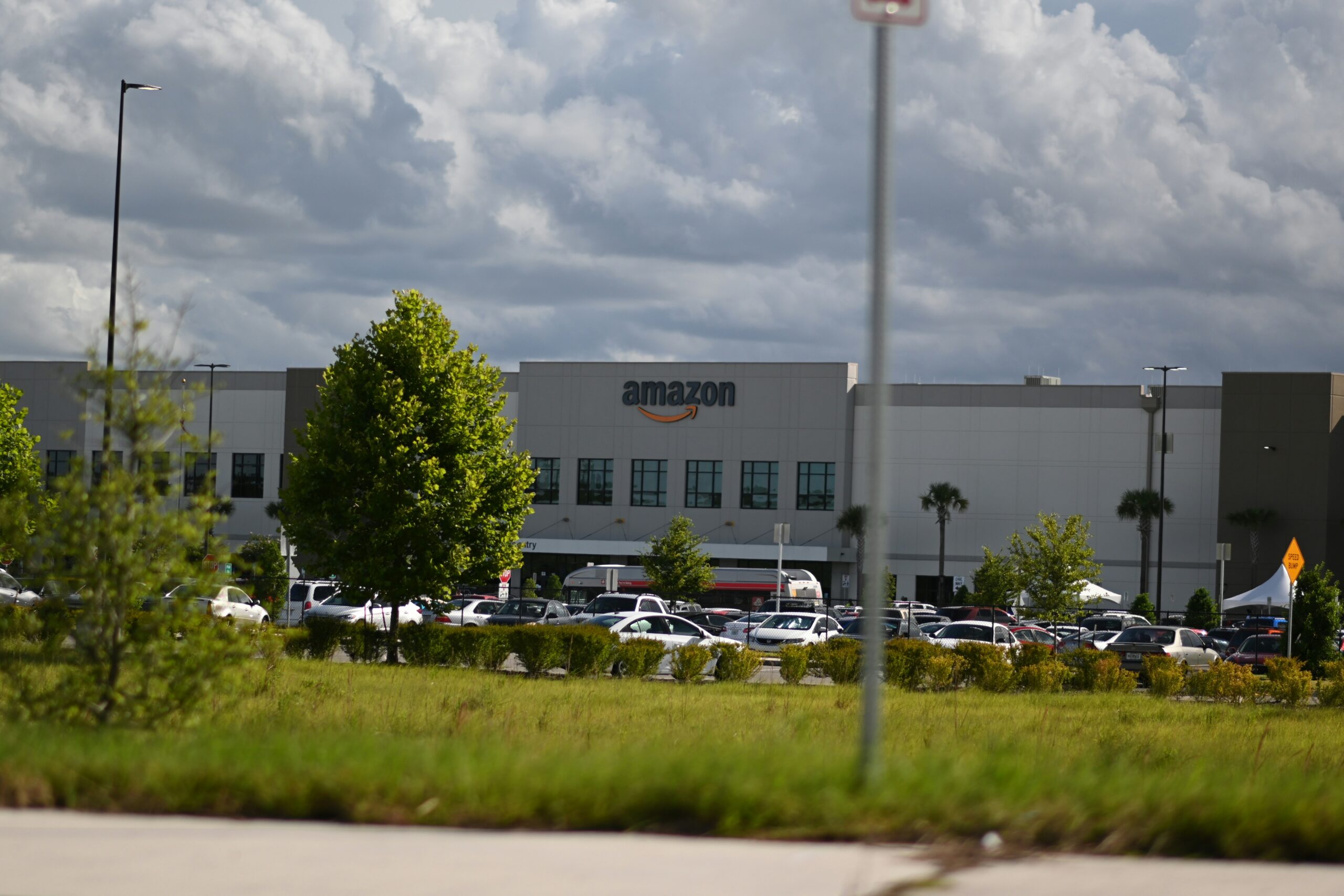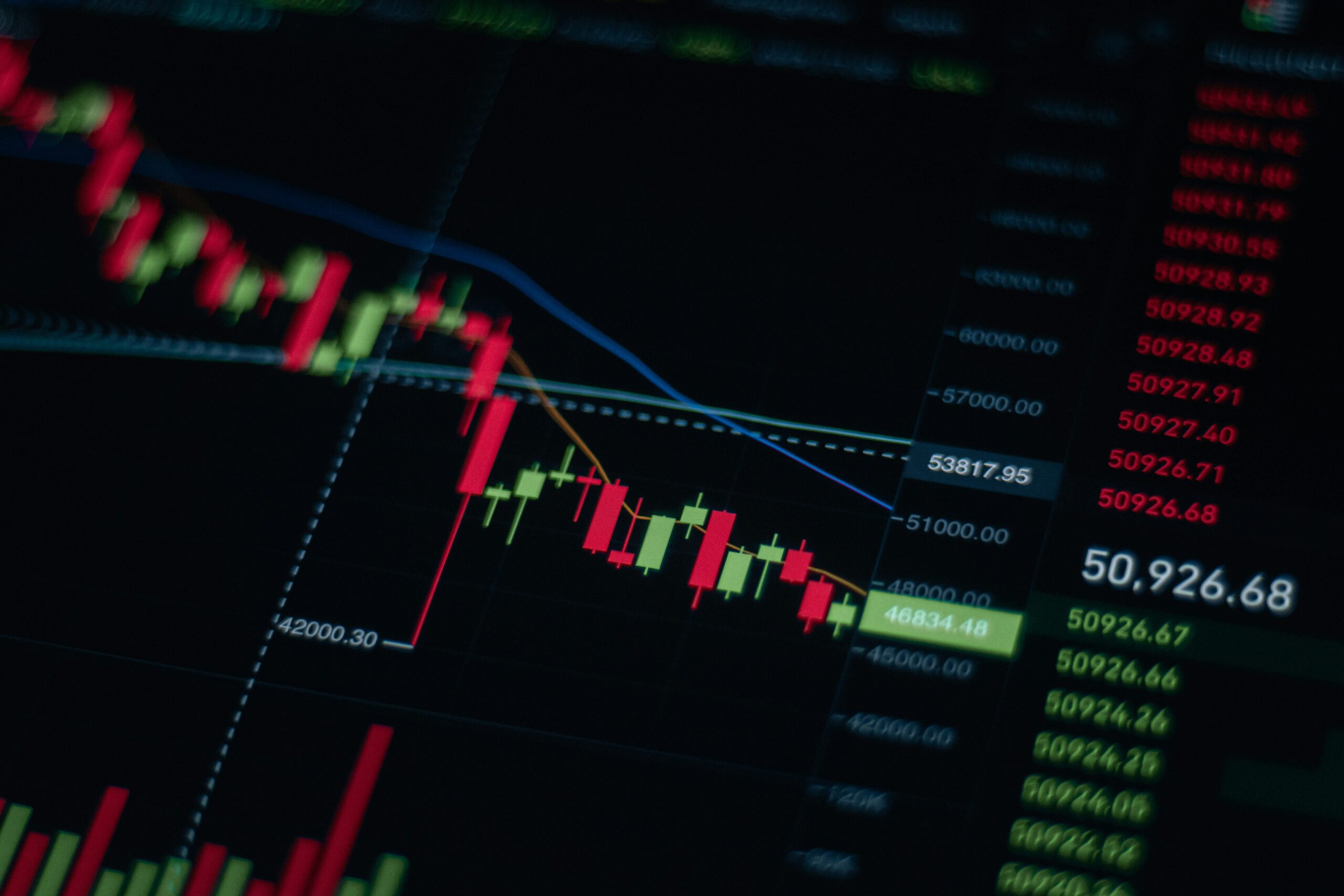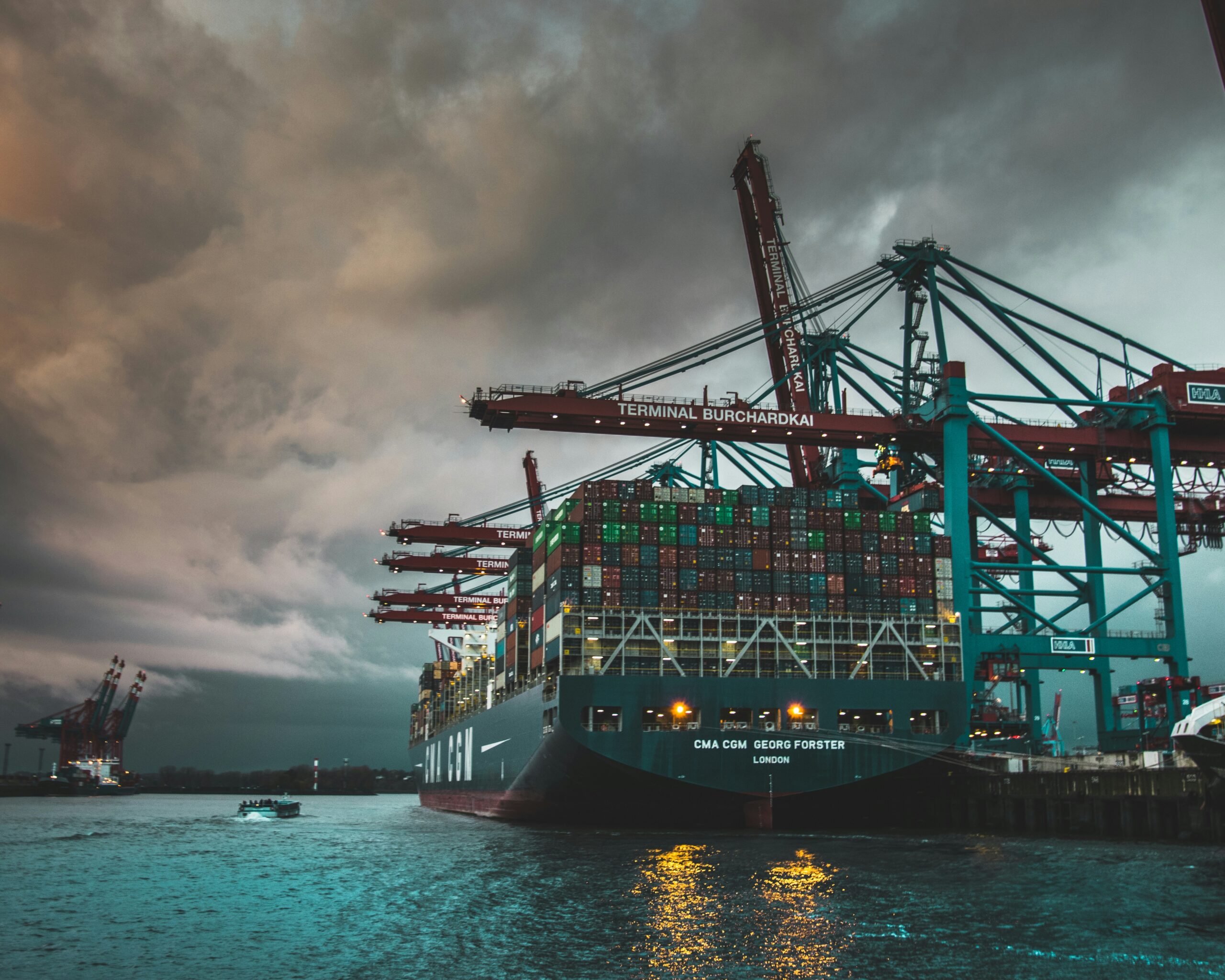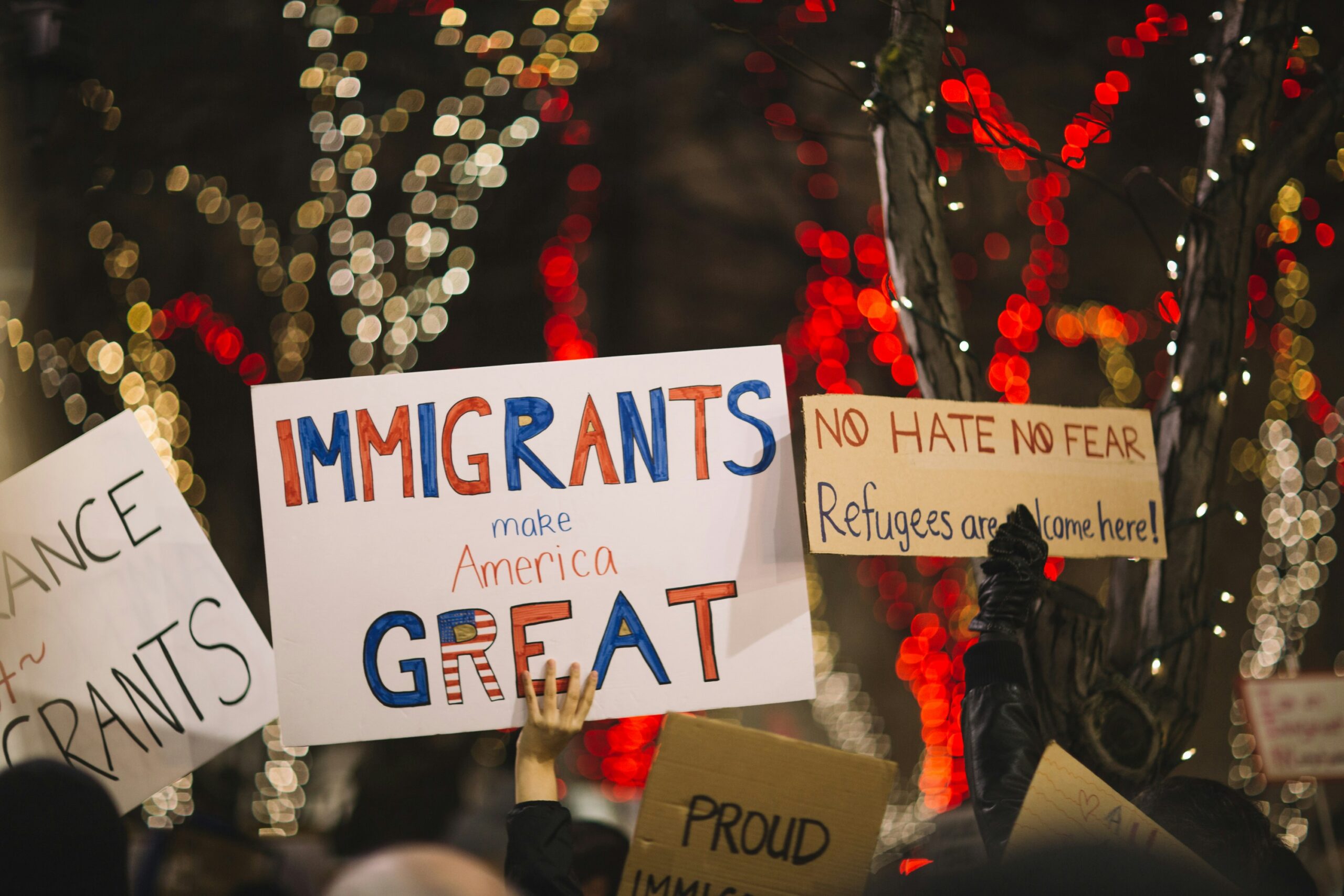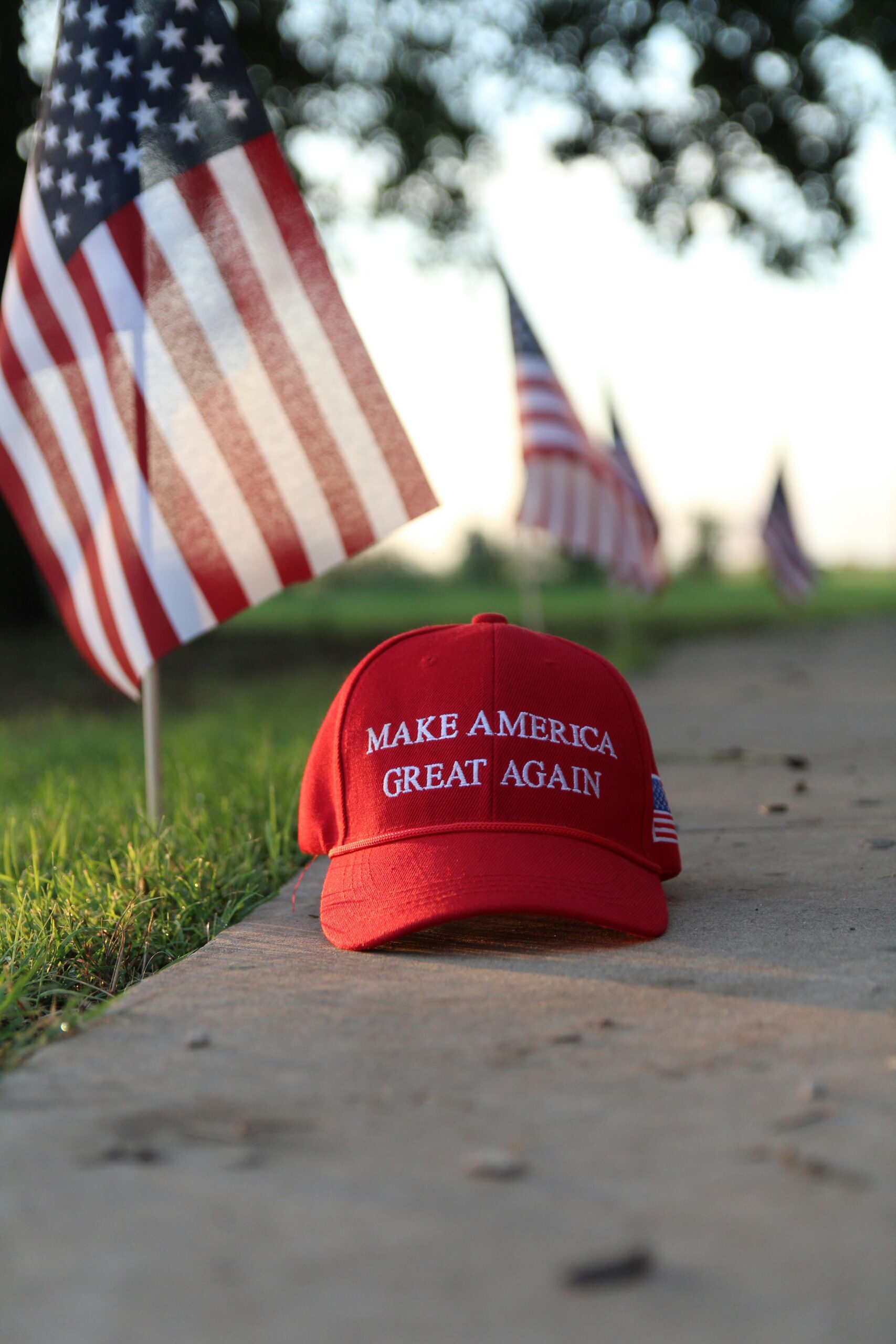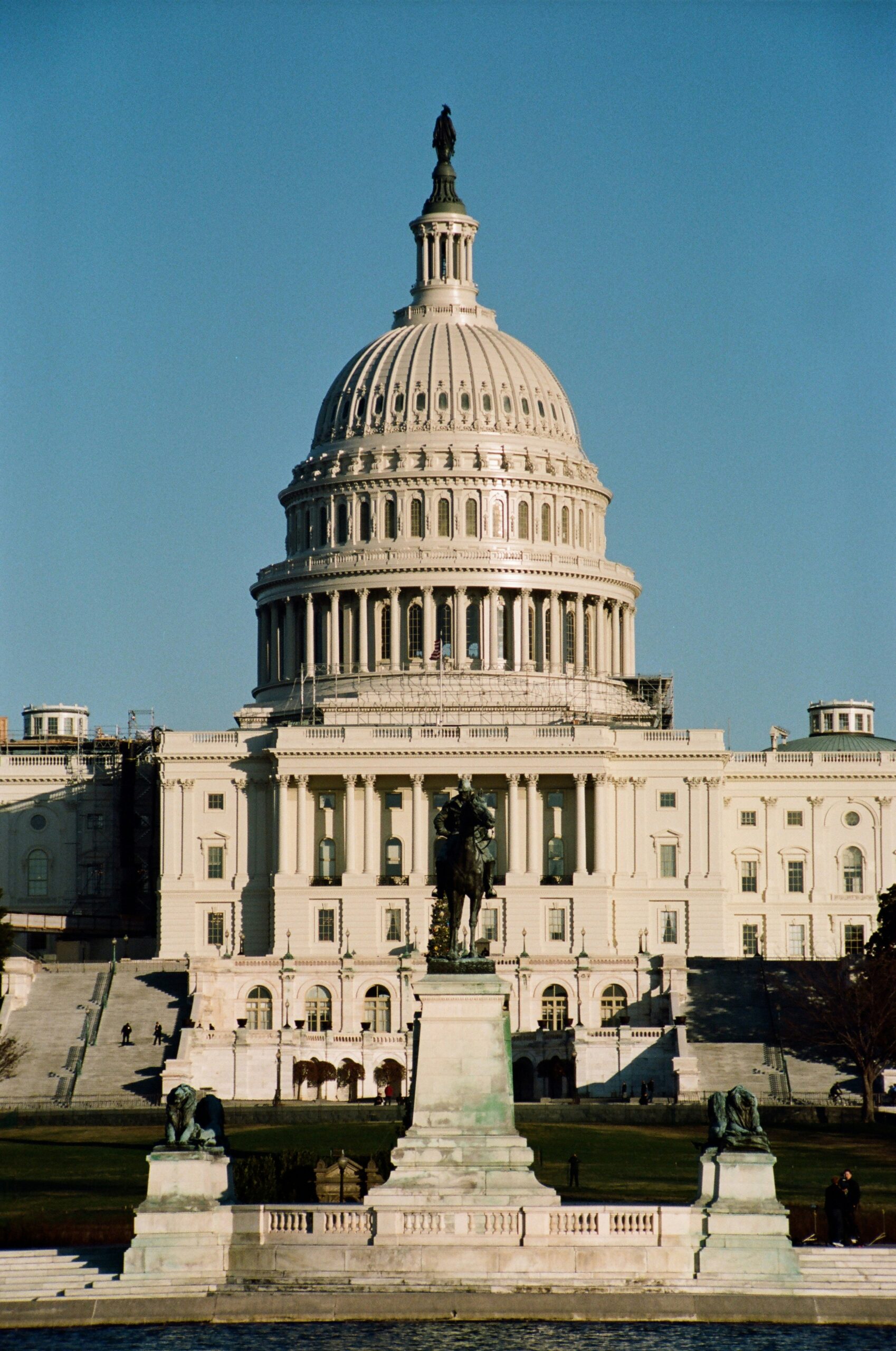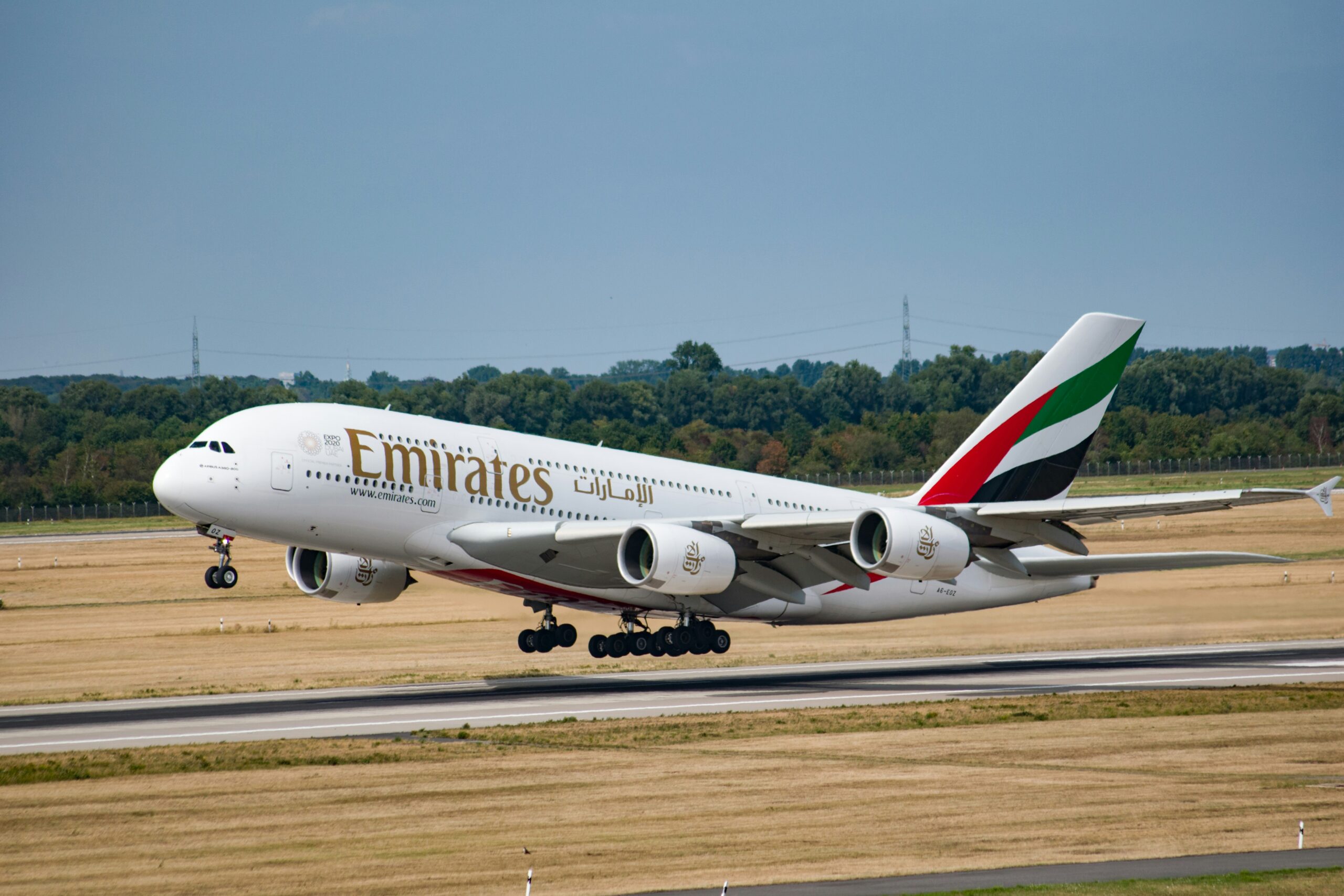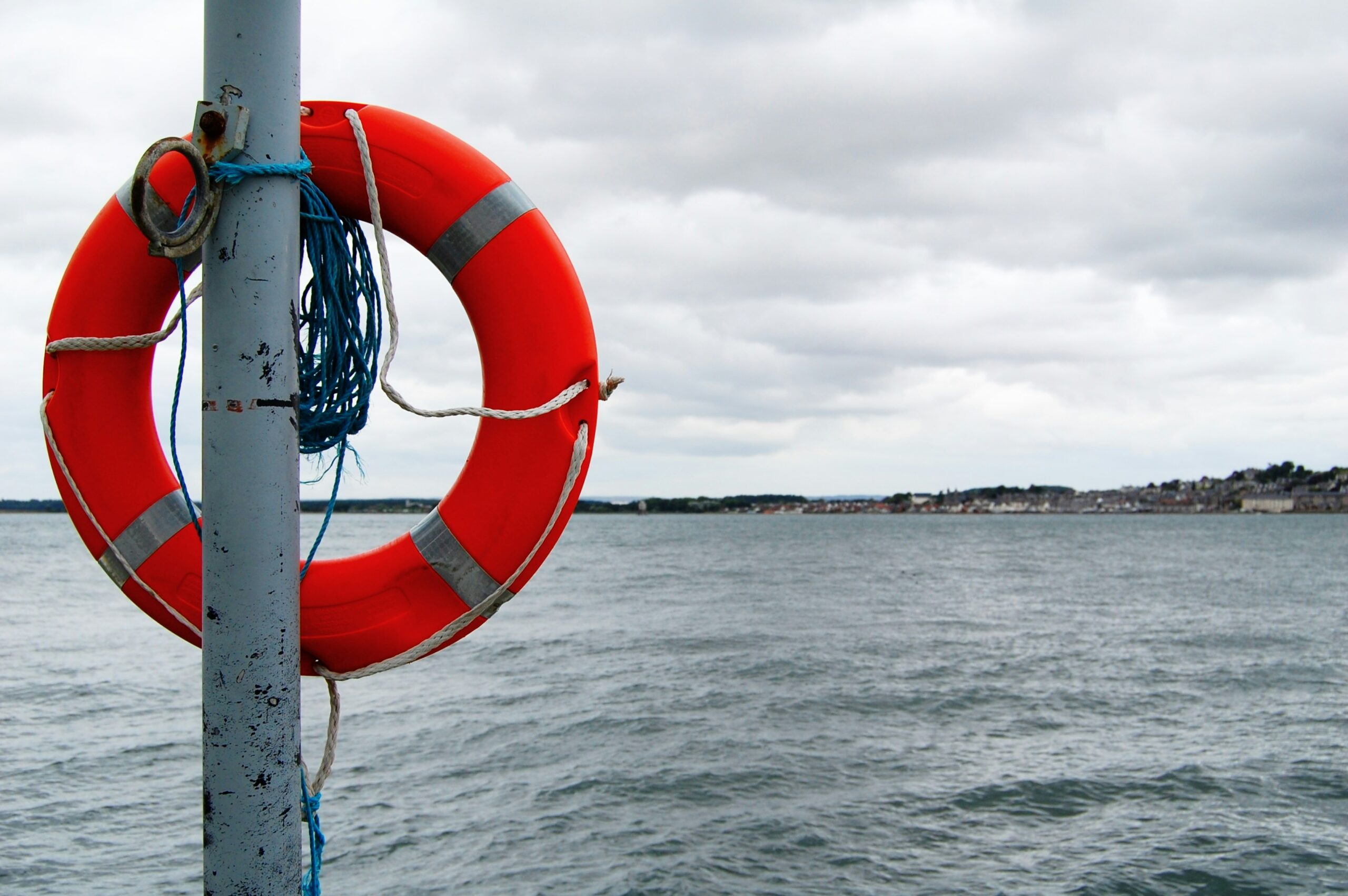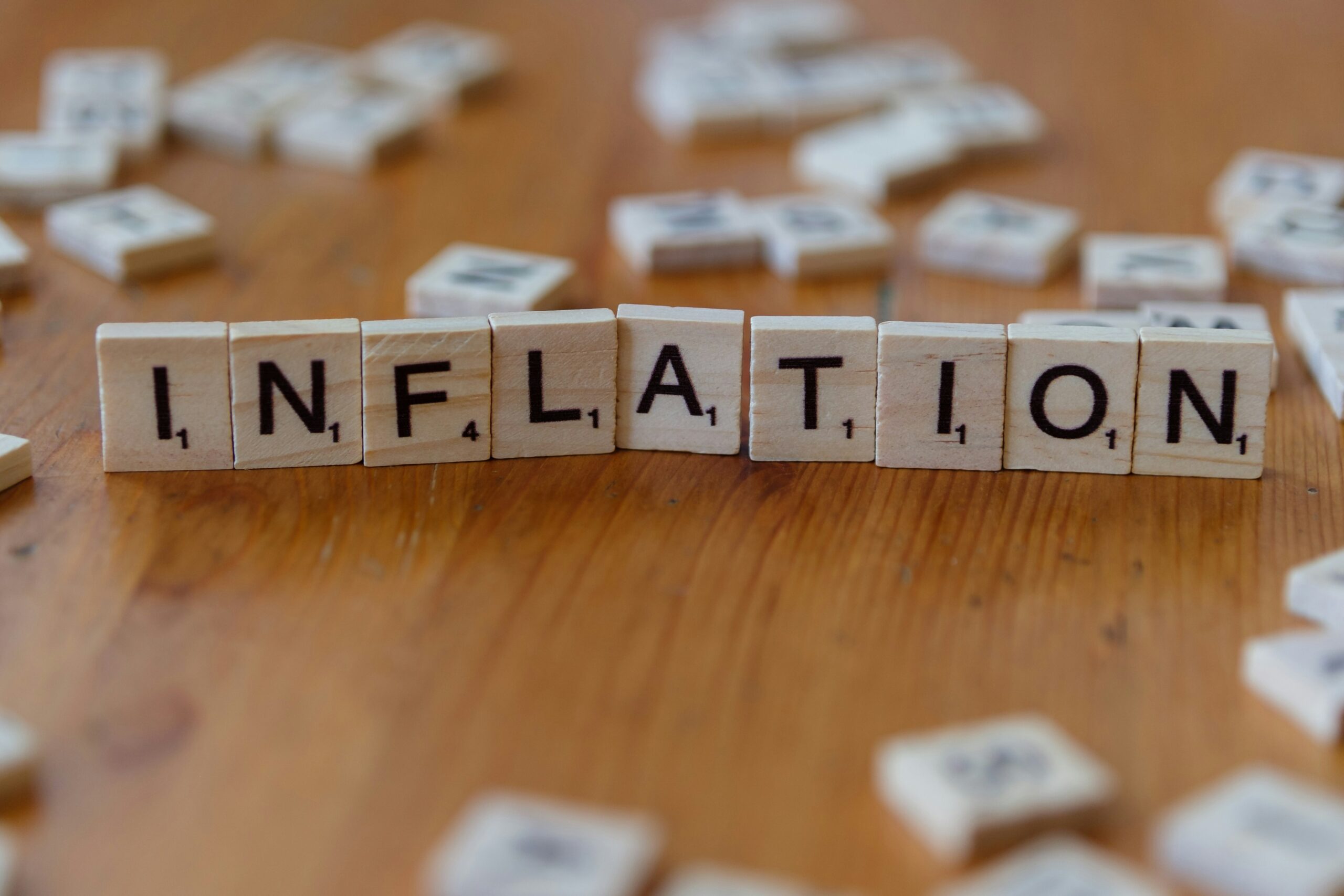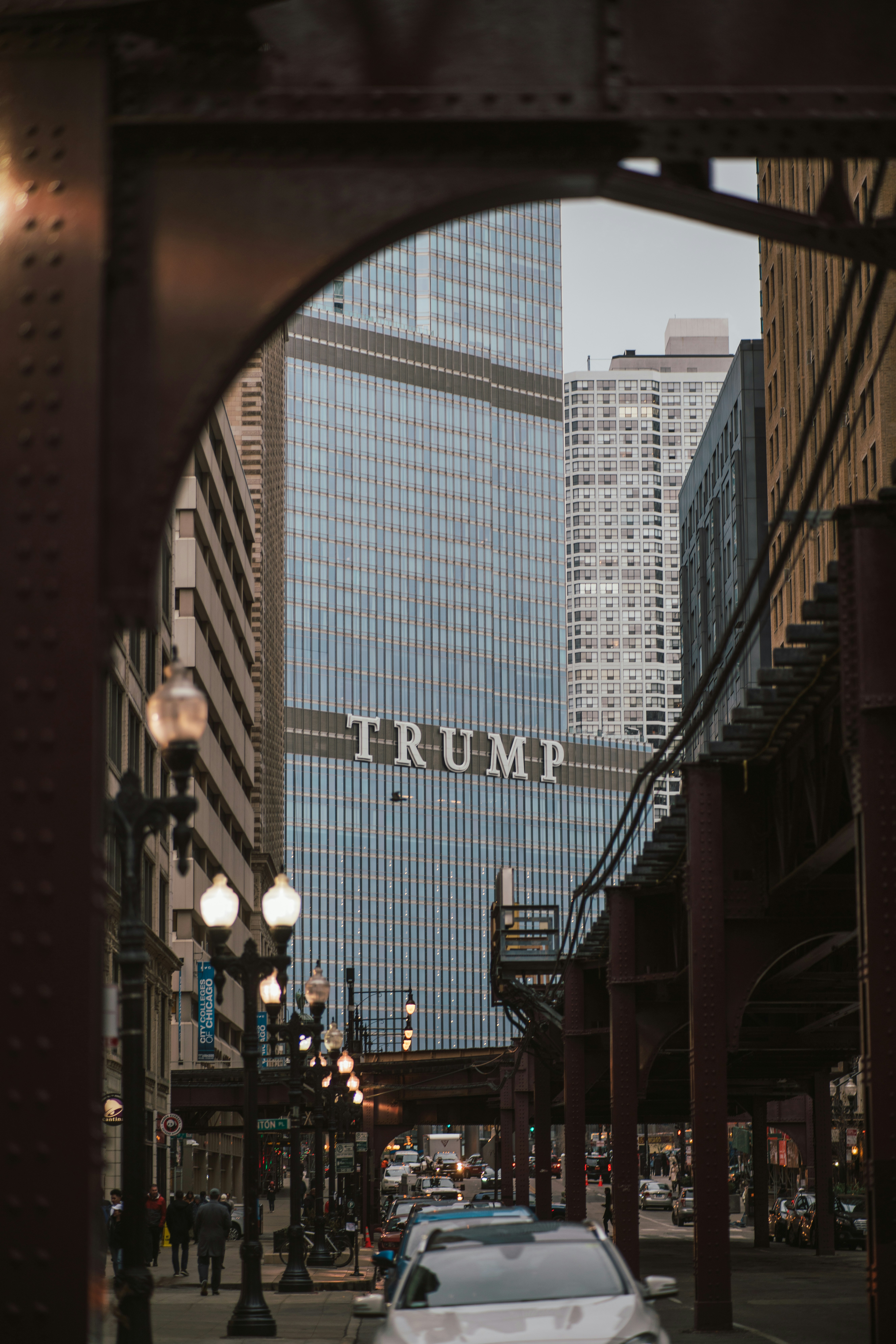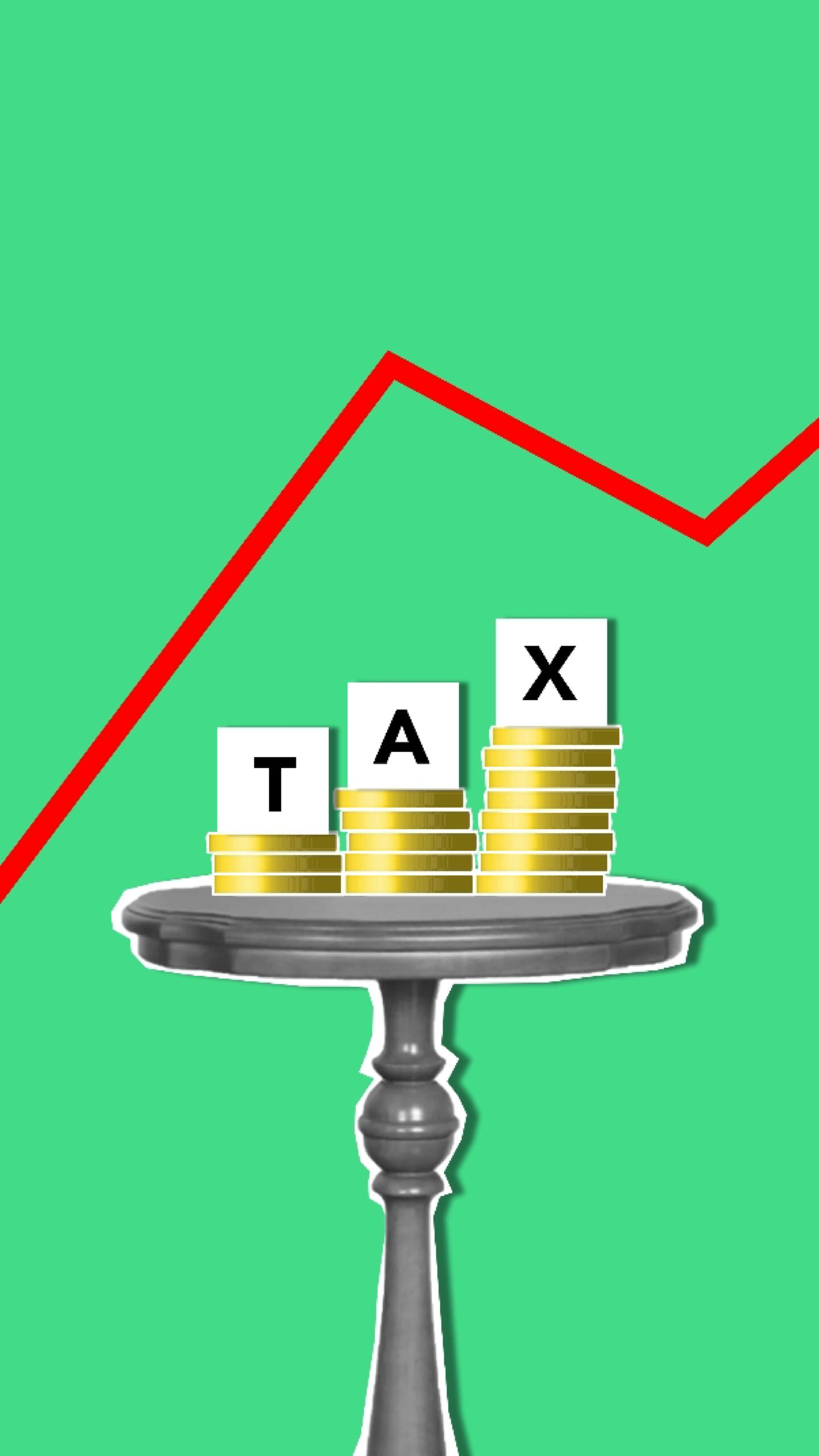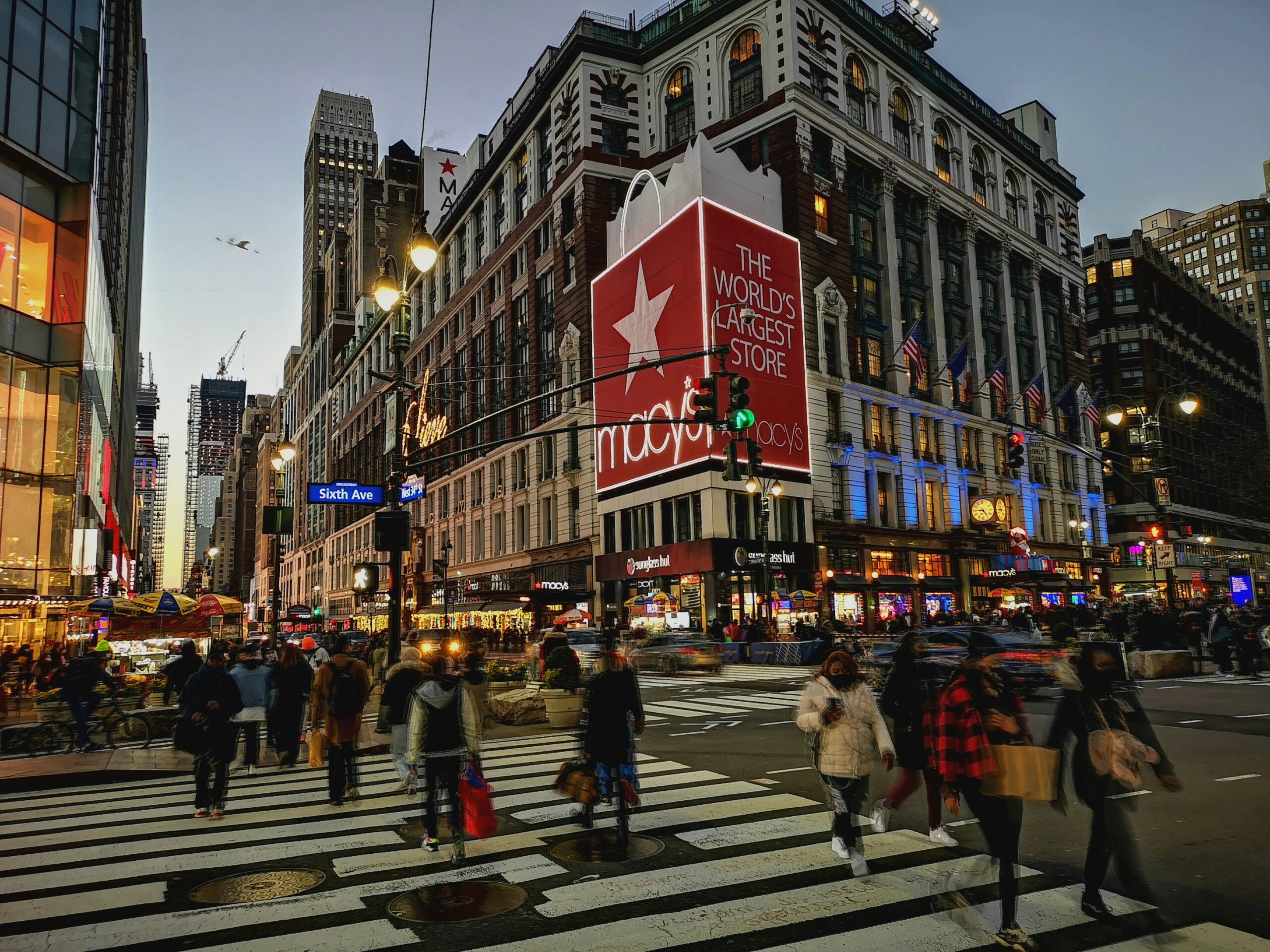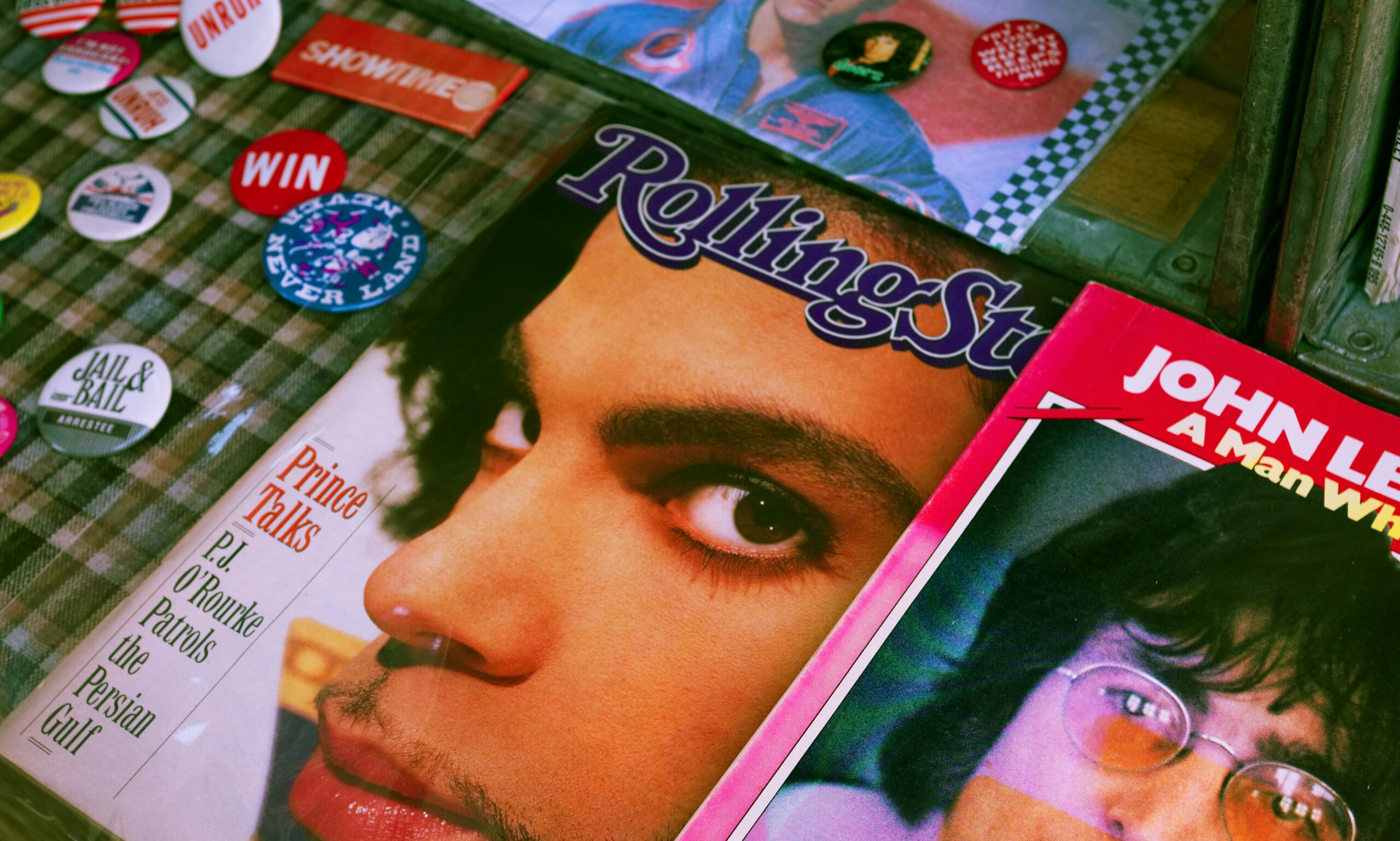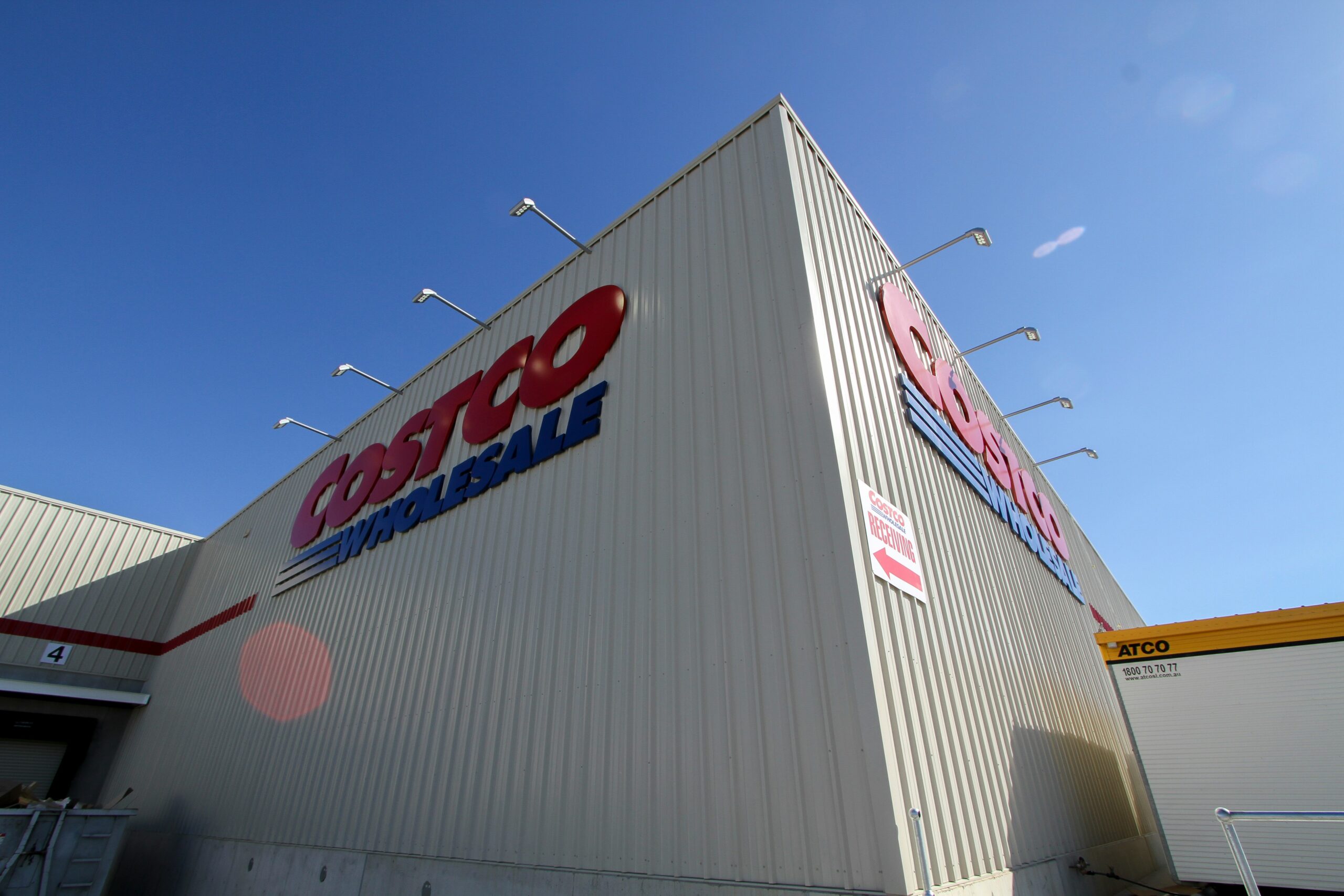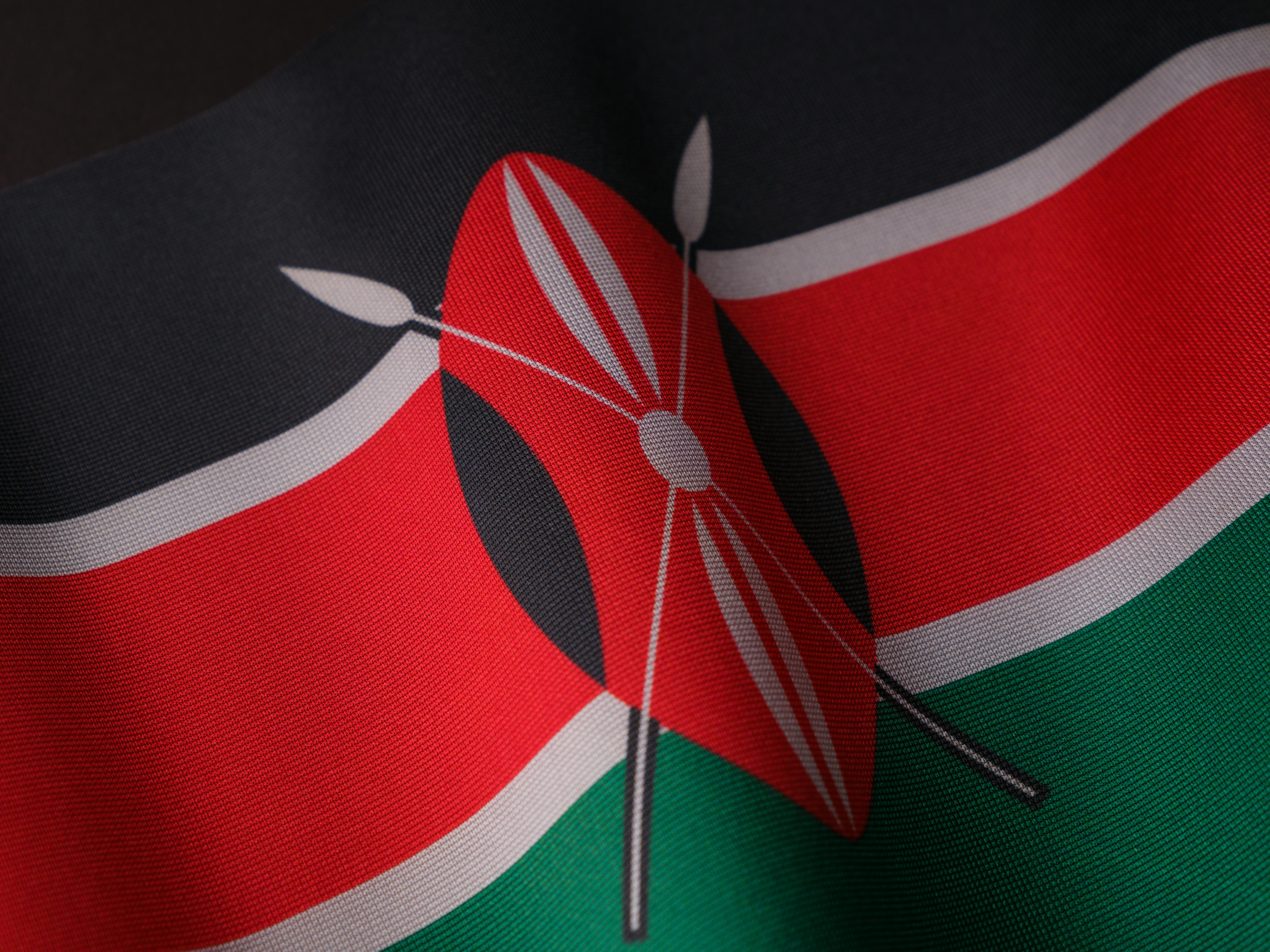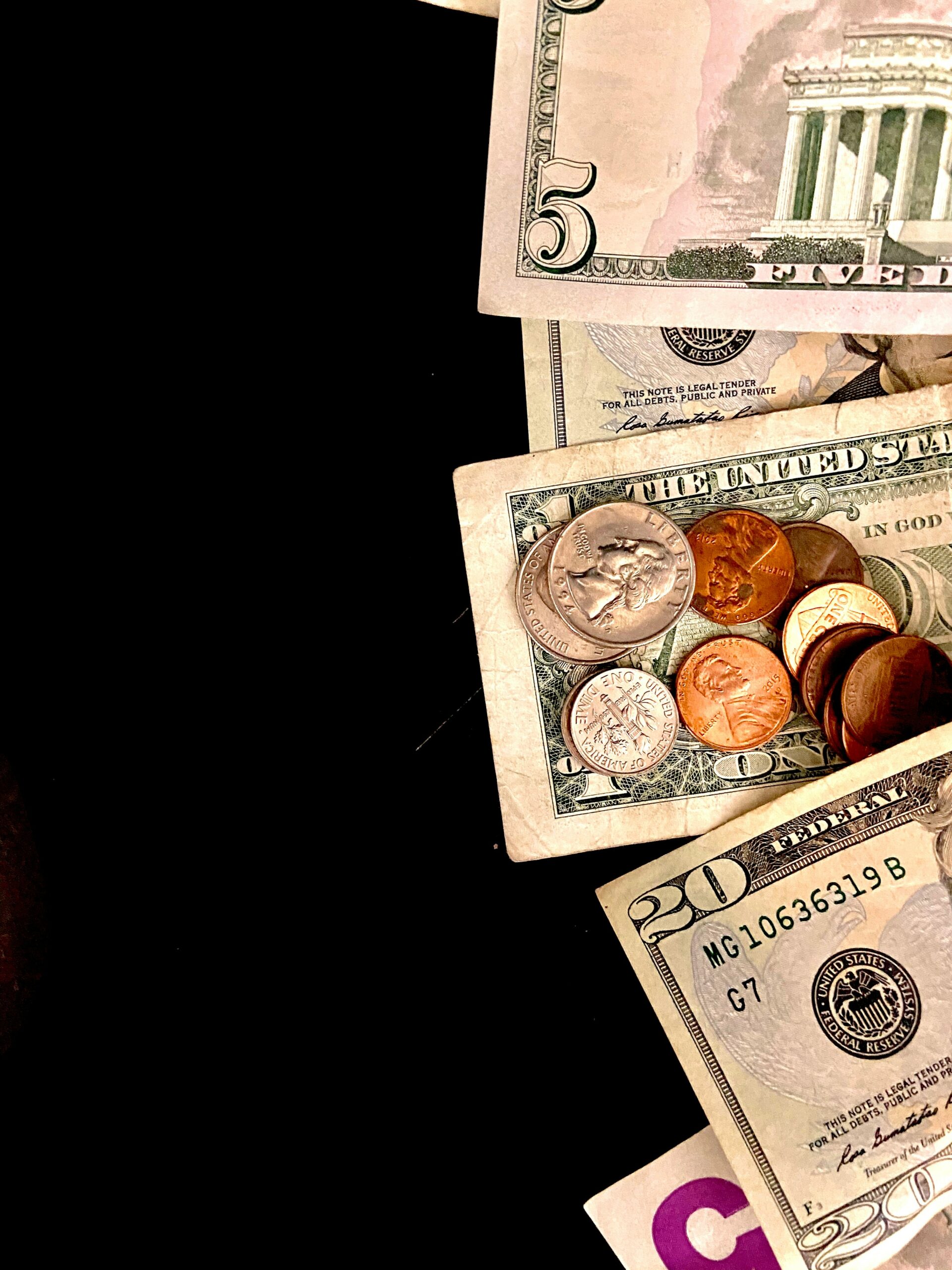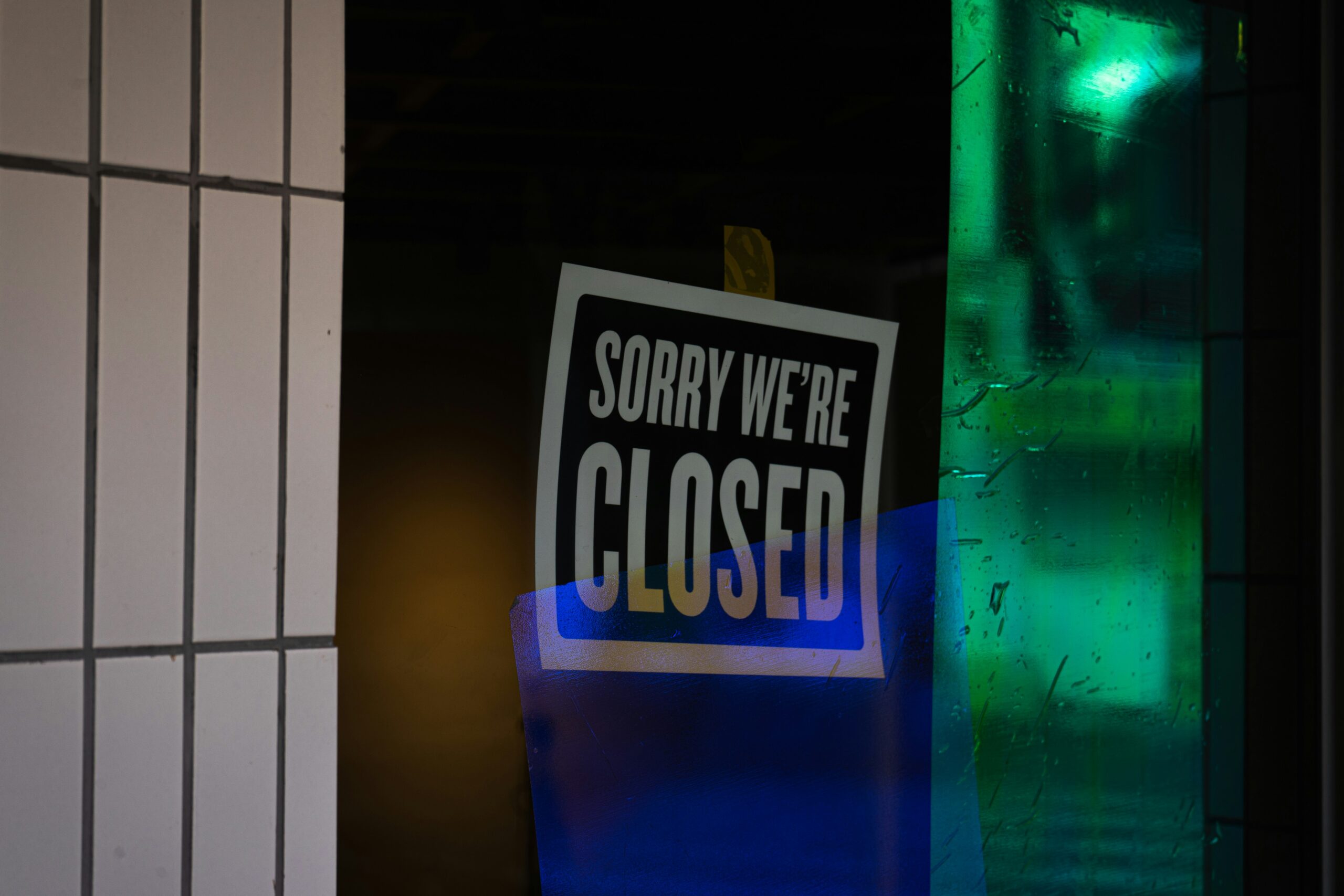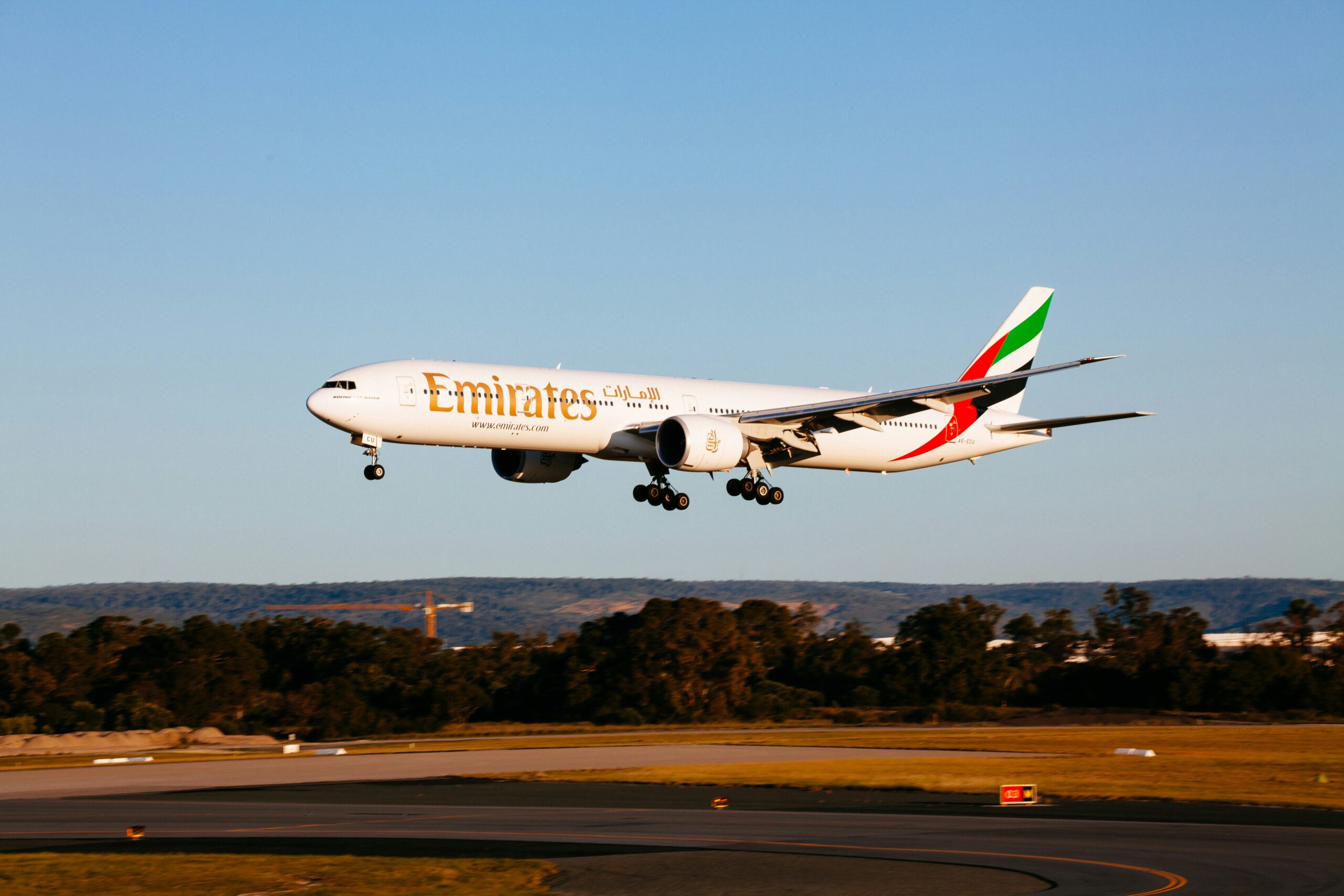Image credit: Unsplash
Global business leaders have been in talks this week to address the tariffs implemented by US President Donald Trump, as financial markets worldwide have been reporting steep declines following the decision.
In Northern Ireland, Economy Minister Caoimhe Archibald has convened with leadership to discuss concerns and potential impacts the tariffs could have on the nation’s economy. Archibald has also connected with the British and Irish governments regarding trade and possible next steps after the tariffs. Professionals in the Confederation of British Industry in Northern Ireland have warned that the markets are likely in for a “bumpy ride ahead” as leaders address uncertainties.
‘Divergence Is Not Good’
When commenting on the tariffs, Archibald relayed that “both the British government and the EU are working closely together because divergence is not good for us,” advising that she would be composing several requests to make while partnering with British and Irish officials. As Northern Ireland has certain economic complexities, Archibald stated, “the north and our unique trading circumstances [must be] taken into consideration in any negotiations and next steps that they are taking.” While NI businesses are based in the UK, they also participate in the EU’s market for goods.
Archibald further commented on the shifting nature of the US President’s decision-making regarding tariffs and trade, indicating that the situation is rapidly evolving and the full details of how the tariffs will be applied are currently unclear.
Meanwhile, the EU has signaled that it will respond to the tariffs with countermeasures “[t]hat will all interplay in terms of how it will impact on businesses here, and it is something that we will be looking at for days and weeks in terms of trying to get a fuller understanding.”
Goods at Sea
During the talks, business leaders sought clarity for unanswered questions. NI Chamber member Stuart Anderson asked about goods already en route at sea when the tariffs were announced and whether they would be subject to the newly implemented policy.
Commenting on the uncertainty, he remarked, “[t]here’s a question mark over what tariffs apply to what category of goods. So, for example, there is an exemption for pharma – what does that mean for medical devices?” Questions like these have been proliferating following the announcement.
Tariffs Already Imposed?
Offering some clarity, economic leaders observed that goods from Northern Ireland entering the US would be subject to a 10% tariff implemented in the UK. In contrast, goods from the Republic of Ireland will be subject to a 20% tariff based on the nation’s membership in the EU.
Nobody Wins With Tariffs
Angela McGowan of the Confederation of British Industry in Northern Ireland has commented on market behavior as it reels from the “uncertainty and the implications around the world for inflation and job creation.”
She further indicated that trade wars and tariffs are generally in no one’s interest, as many people hold their pension or retirement monies in financial markets. Increased volatility leads to further uncertainty and inflation. She addressed overarching investor sentiment, adding that “uncertainty is ahead, and even if President Trump were to row back on tariffs next week, investors will never be confident about where they stand.”
